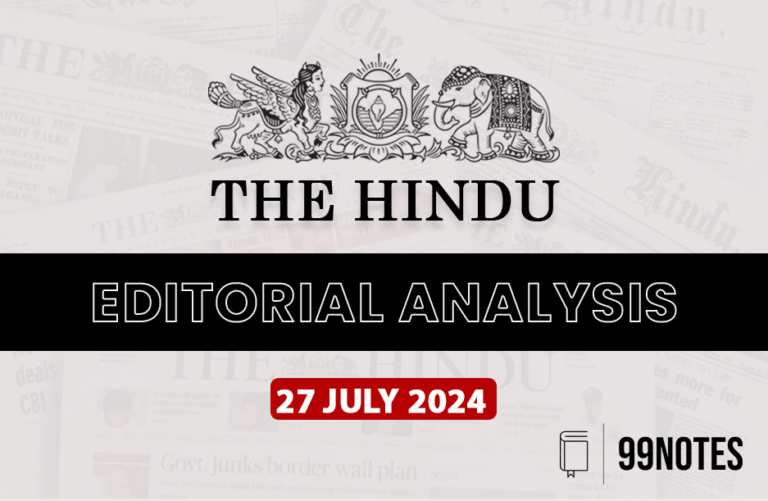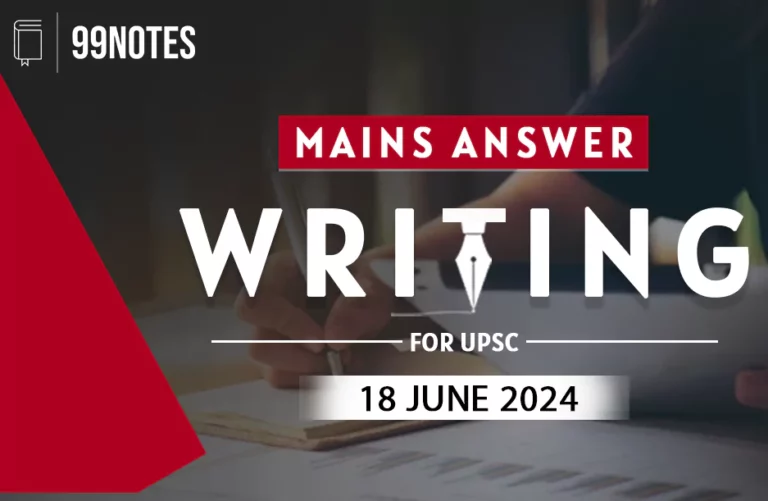18 December 2024 : Indian Express Editorial Analysis
1. Closing the Gulf circle
(Source: Indian Express; Section: The Ideas Page; Page: 11)
|
Context |
|
Historic Context and Significance of the Visit
- Prime Minister Narendra Modi’s visit to Kuwait marks the first by an Indian Prime Minister in over four decades, symbolizing a decisive closure of gaps in India’s engagement with the Gulf region.
- The visit follows a transformative decade in India-Gulf relations, with Modi spearheading increased connectivity, commercial cooperation, and security partnerships.
- It coincides with the collapse of the Assad regime in Syria, hinting at a potential restructuring of Middle Eastern geopolitics.
- This visit reflects India’s renewed commitment to fostering strategic ties in a region pivotal to its energy security, economic interests, and expatriate population.
India’s Gulf Diplomacy: From Hesitation to Strategic Priority
- India’s approach to the Gulf has historically been shaped by its alignment with Ba’athist republics like Saddam Hussein’s Iraq and Hafez al-Assad’s Syria, prioritizing radical pan-Arabism and anti-imperialism over deeper ties with Gulf monarchies.
- This created friction during key moments, such as the Gulf War of 1990-91, when India’s reluctance to condemn Iraq’s aggression against Kuwait strained relations.
- However, under Modi, there has been a qualitative transformation, as evidenced by his frequent visits and high-level engagement with Gulf states, culminating in a strategic shift that emphasizes partnerships over past ideological biases.
Shifting Geopolitical Realities
- The fall of the Assad regime underscores the decline of authoritarian Ba’athist republics, which have often been more repressive than Gulf monarchies.
- The latter, including Saudi Arabia and the UAE, are emerging as modernizing forces in the region, promoting religious moderation, social reforms, and economic diversification.
- This pivot aligns closely with India’s strategic priorities, fostering natural synergies in energy, trade, and security cooperation.
- The diminishing role of Pakistan in Gulf politics further simplifies India’s engagement, as Gulf monarchies increasingly value ties with New Delhi.
Towards a Comprehensive Middle East Policy
- India’s evolving relationship with the Gulf demands nuanced understanding of the regional dynamics.
- This includes addressing the contradictions between moderate Arab states and non-Arab powers like Iran, Israel, and Turkey.
- While India supports the Abraham Accords, it also recognizes the need for Israel to address Palestinian concerns, which could facilitate deeper cooperation between Arab states and Israel.
- Modi’s visit to Kuwait serves as a crucial step in aligning India’s Middle East policy with the region’s changing realities.
Conclusion
- Modi’s visit to Kuwait symbolizes India’s maturing engagement with the Gulf, reflecting a broader strategic vision for the Middle East amidst deep structural changes.
- By prioritizing partnerships with moderate Arab states and leveraging its unique position as a bridge between competing regional interests, India positions itself as a pivotal player in the evolving geopolitical landscape of the Gulf.
|
Practice Question: Discuss the significance of Prime Minister Narendra Modi’s visit to Kuwait in the context of India’s evolving Gulf diplomacy and the shifting geopolitical landscape of the Middle East. (250 words/15 m) |




